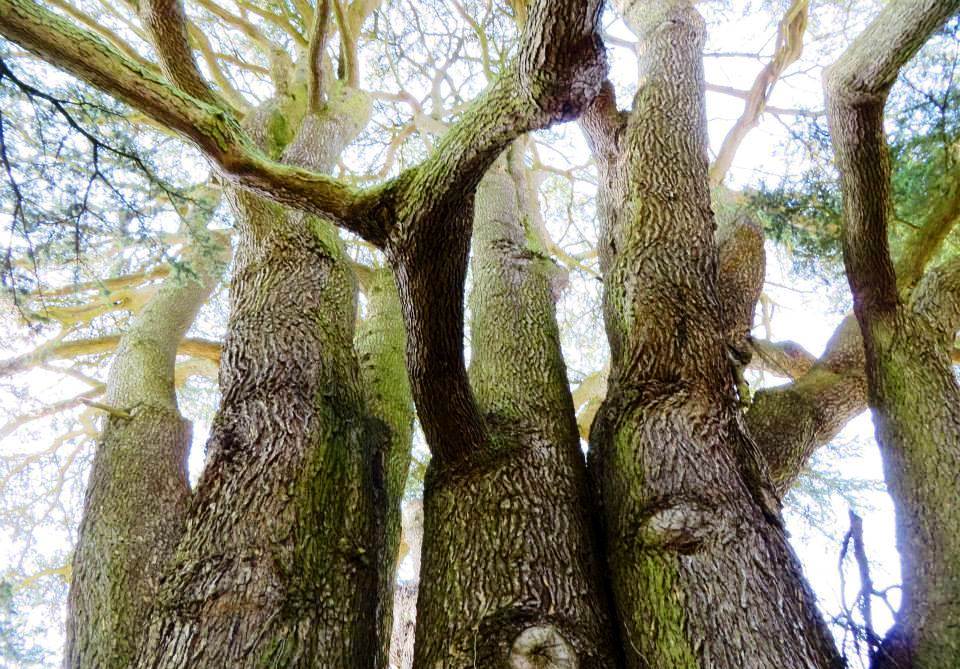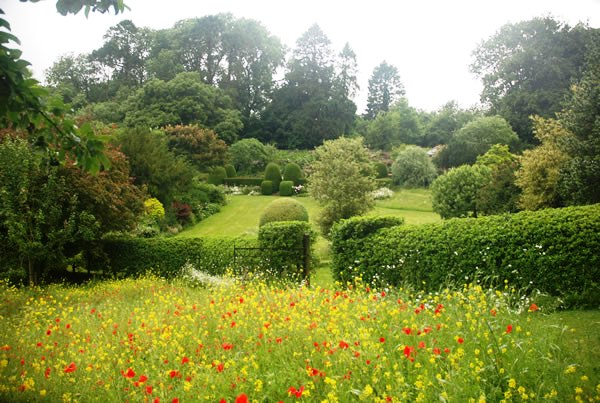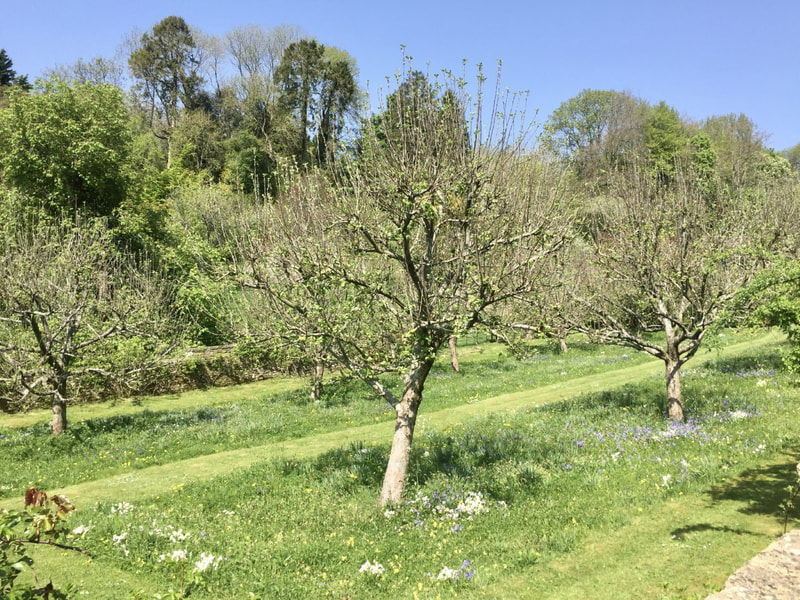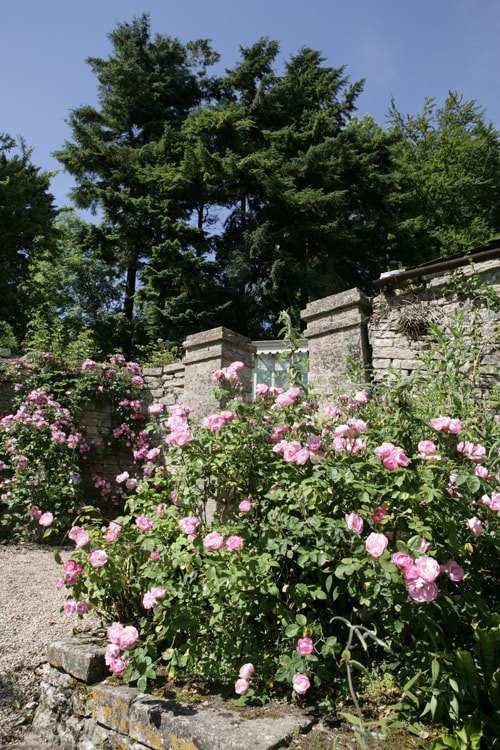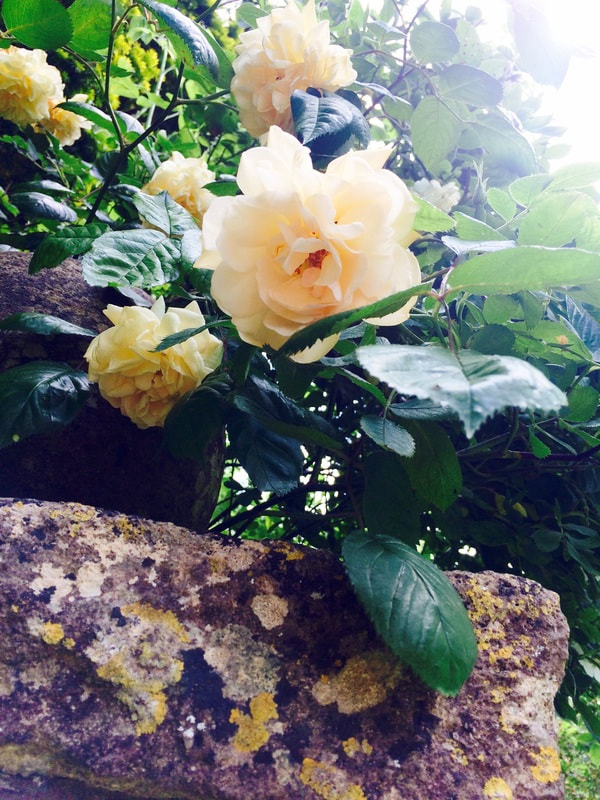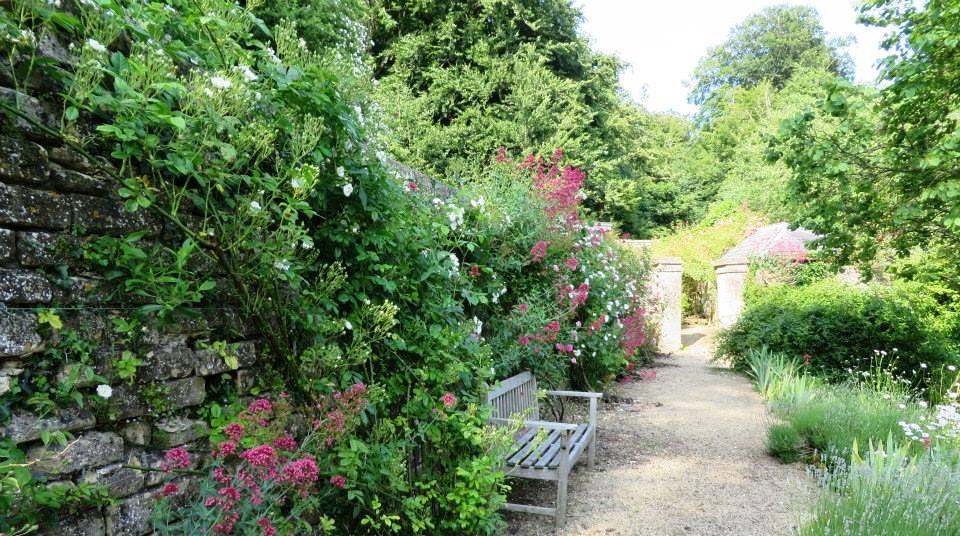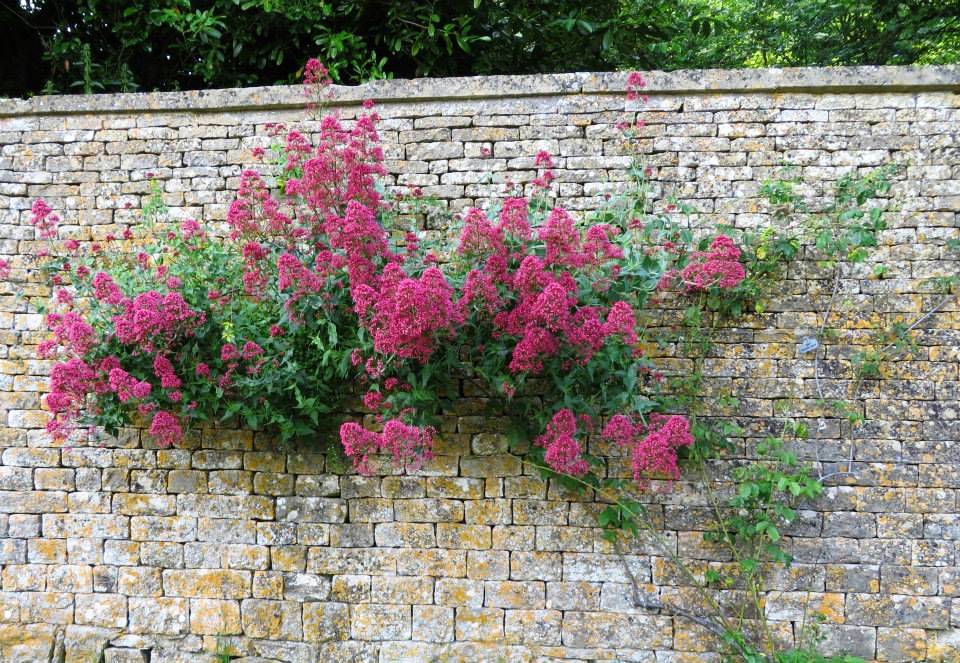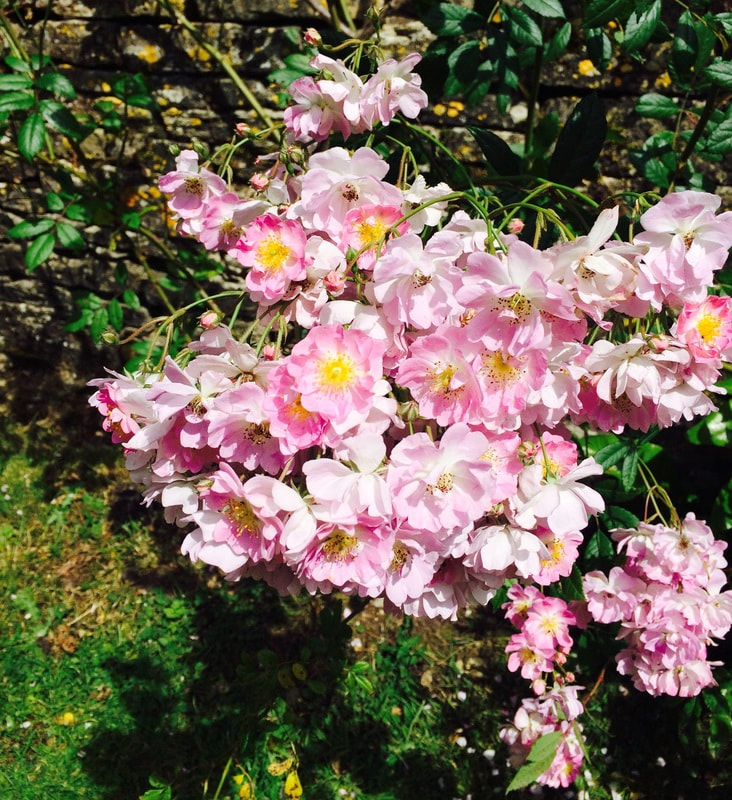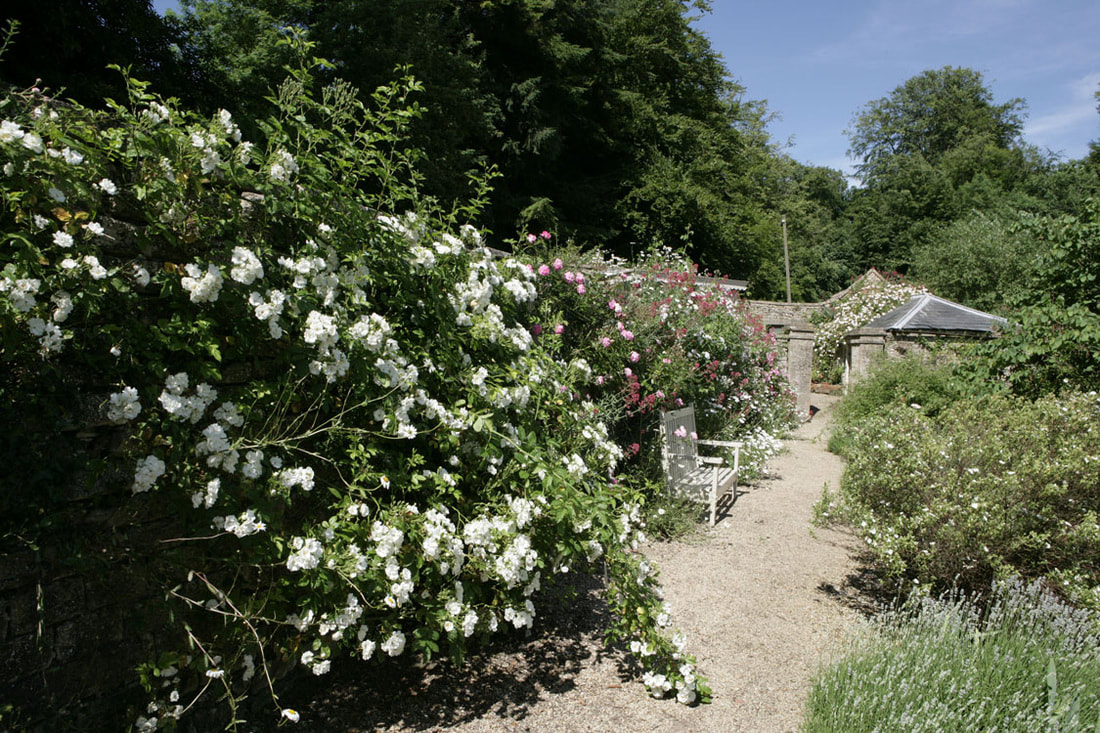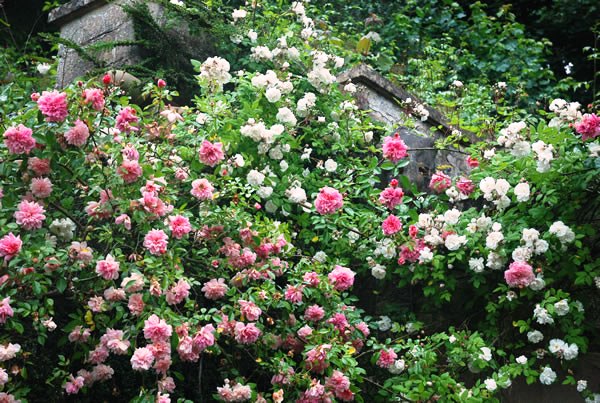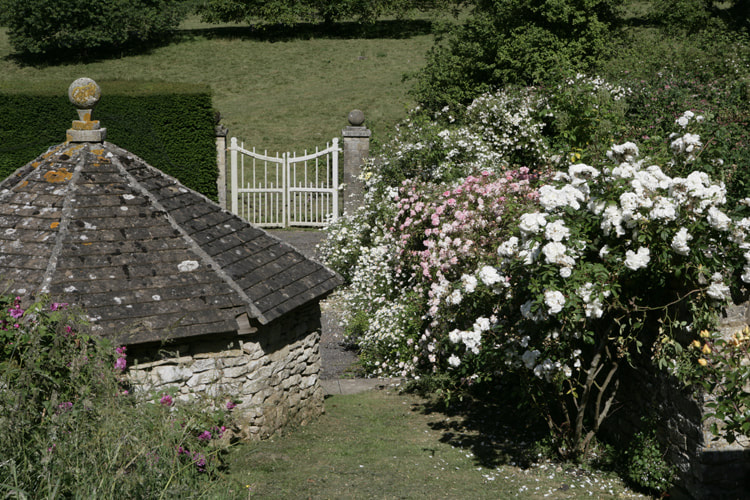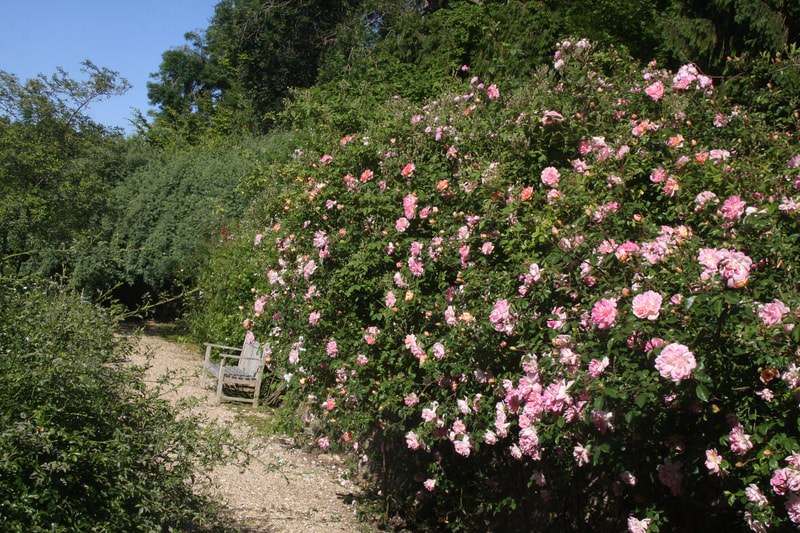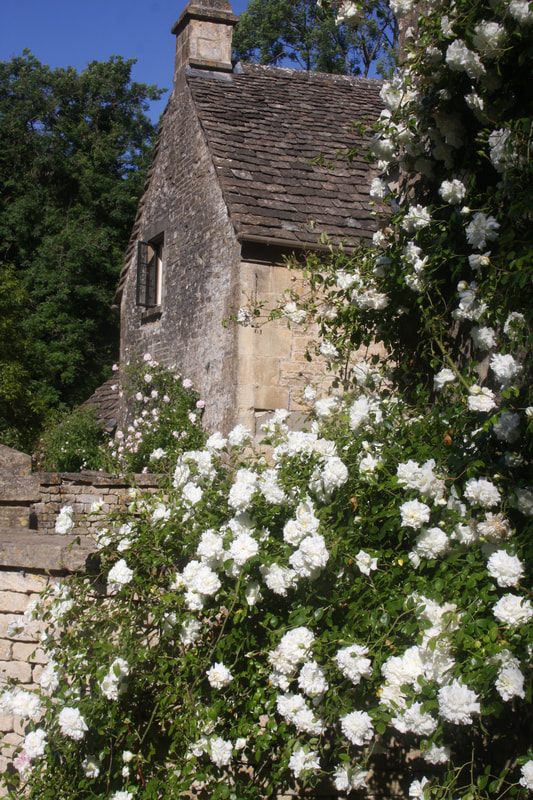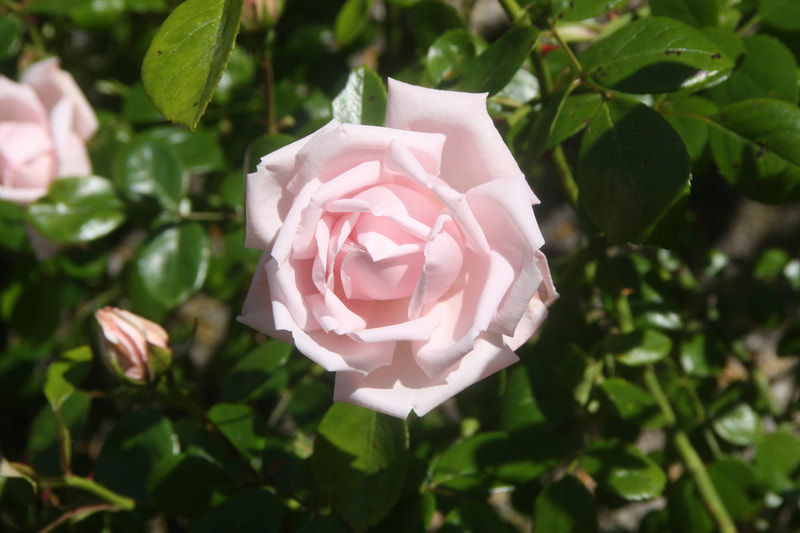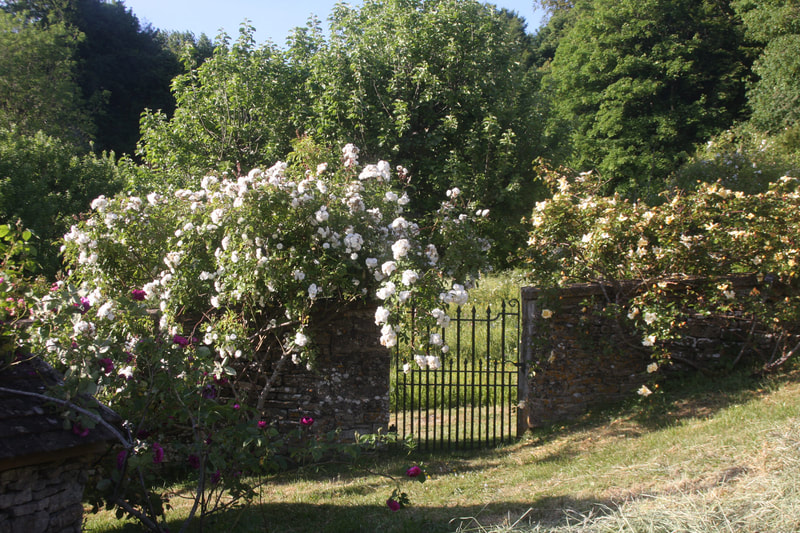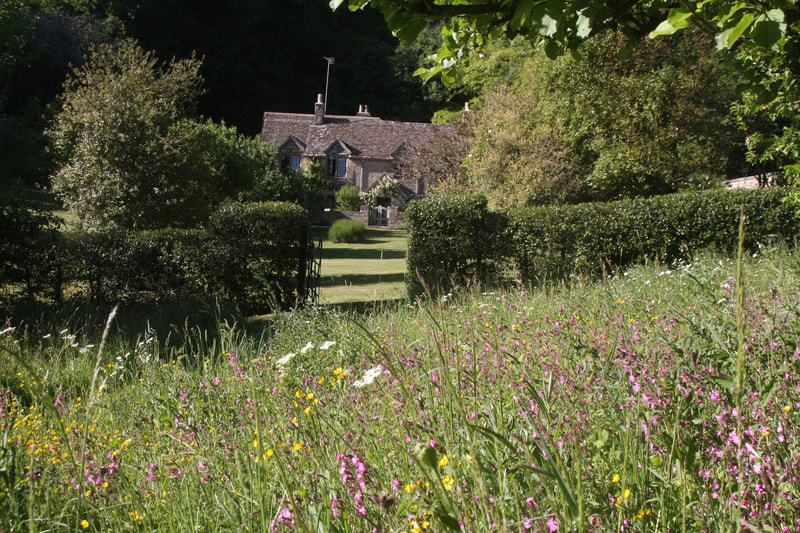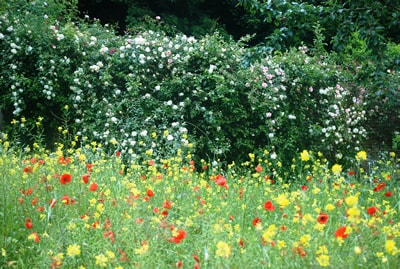THE GARDEN & ROSES
If it is true that houses evolve, then it is even more true of gardens. We have progressed from straight gardening to more ‘landscaping’ the valley. Sadly, gone are the days of full time gardeners and groundsmen to tend to every flowerbed and rose. Nowadays its a question of managing the garden along side family life and busy jobs, Henry and Susie can often be found in the garden at the weekends and are grateful for the additional help they receive from Kasia and Keith.
An enormous amount of time and work was put in by an exceptional gardener, Ian Thackery. Ian sadly passed away in November 2013 after a long illness with Motor Neurones disease. He is greatly missed by both the Robinsons and the garden.
An enormous amount of time and work was put in by an exceptional gardener, Ian Thackery. Ian sadly passed away in November 2013 after a long illness with Motor Neurones disease. He is greatly missed by both the Robinsons and the garden.
Rambler Roses
Moor Wood holds the National Collection of Rambler Roses. There are over 150 varieties of rambler in the garden and around the grounds, as well as many other varieties of rose.
The collection began in 1983 and has progressively been added to over the years. The idea was to collect all the known varieties of each species, before they were lost to gardens and gardeners. National Collections were just getting off the ground in the early 80s when Henry and Susie Robinson offered to collect ramblers (“they seemed to fit with the wild and rather romantic effect we thought they could create in the garden.”). Over the many years of trying to collect all varieties of rambler rose invariably challenges presented themselves. There are some roses that are scarce because they are simply less resilient; others are gems and amply repay the search.
The orchard hosts an abundance of wild flowers and orchids amongst the Ashmead Kernal apple trees. The bulbs, crocuses, snow drops and wild daffodils appear early in the season and are followed by primroses, fritillaries, buttercups and ox-eye daisies, as well as pyramidal orchids.
Moor Wood’s rose garden and wildflower orchard are open to the public annually. Group bookings and tours can be arranged separately throughout June (by appointment only). Tea and home made cakes are available. All the money raised over the course of the short blooming period of the rambler roses goes to charity. In the past we have proudly supported the Macmillian Nurses Cancer Support, Marie Curie, Cobalt Appeal Fund, Motor Neurone Disease Association and Help for Heroes.
Moor Wood holds the National Collection of Rambler Roses. There are over 150 varieties of rambler in the garden and around the grounds, as well as many other varieties of rose.
The collection began in 1983 and has progressively been added to over the years. The idea was to collect all the known varieties of each species, before they were lost to gardens and gardeners. National Collections were just getting off the ground in the early 80s when Henry and Susie Robinson offered to collect ramblers (“they seemed to fit with the wild and rather romantic effect we thought they could create in the garden.”). Over the many years of trying to collect all varieties of rambler rose invariably challenges presented themselves. There are some roses that are scarce because they are simply less resilient; others are gems and amply repay the search.
The orchard hosts an abundance of wild flowers and orchids amongst the Ashmead Kernal apple trees. The bulbs, crocuses, snow drops and wild daffodils appear early in the season and are followed by primroses, fritillaries, buttercups and ox-eye daisies, as well as pyramidal orchids.
Moor Wood’s rose garden and wildflower orchard are open to the public annually. Group bookings and tours can be arranged separately throughout June (by appointment only). Tea and home made cakes are available. All the money raised over the course of the short blooming period of the rambler roses goes to charity. In the past we have proudly supported the Macmillian Nurses Cancer Support, Marie Curie, Cobalt Appeal Fund, Motor Neurone Disease Association and Help for Heroes.

